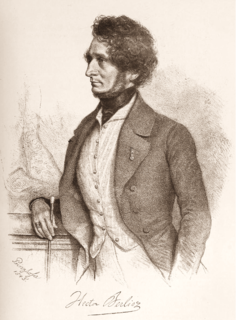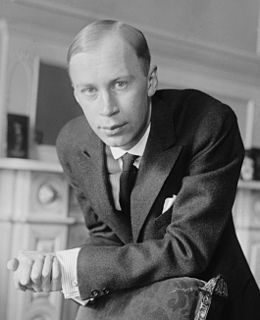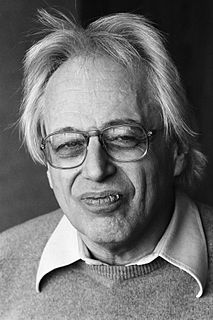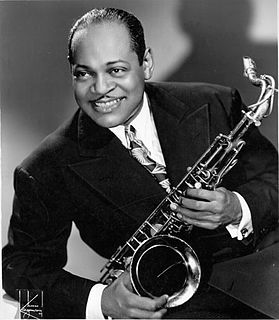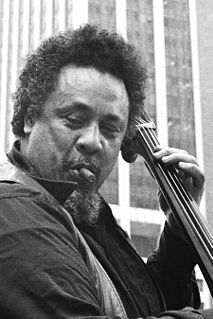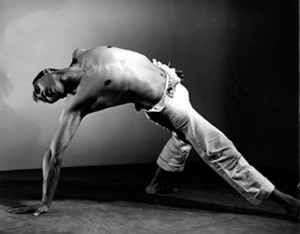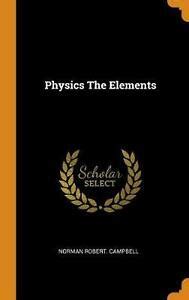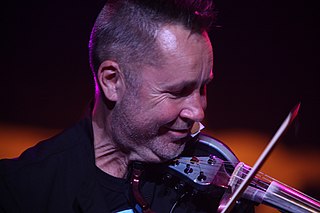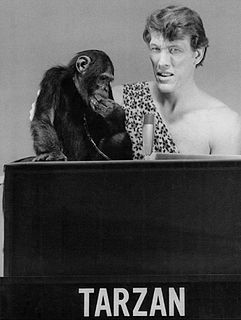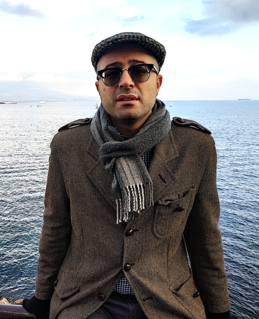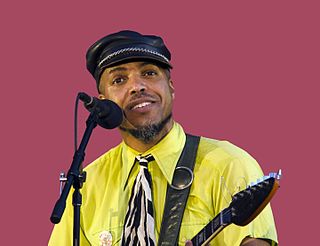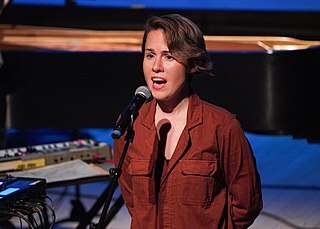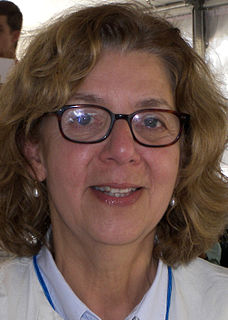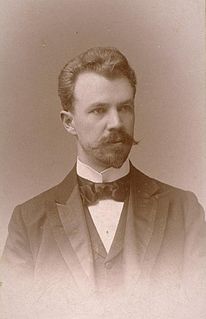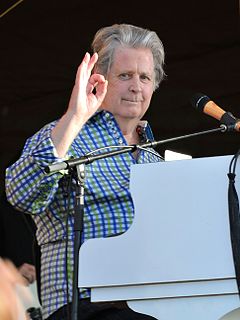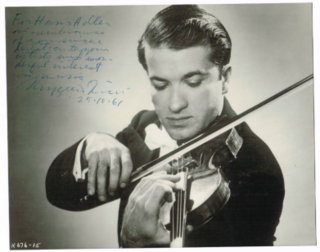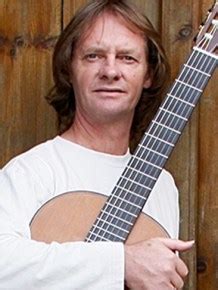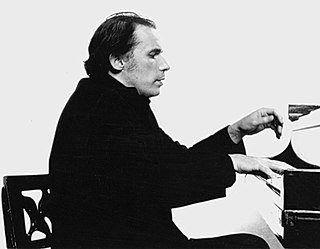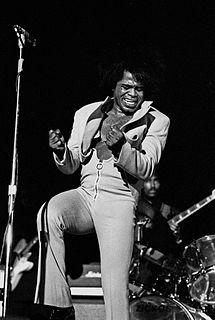Top 1200 Bach's Music Quotes & Sayings - Page 2
Explore popular Bach's Music quotes.
Last updated on April 19, 2025.
If I am against the condition of the world it is not because I am a moralist, it is because I want to laugh more. I don't say that God is one grand laugh: I say that you've got to laugh hard before you can get anywhere near God. My whole aim in life is to get near to God, that is, to get nearer to myself. That's why it doesn't matter to me what road I take. But music is very important. Music is a tonic for the pineal gland. Music isn't Bach or Beethoven; music is the can opener of the soul. It makes you terribly quiet inside, makes you aware that there's a roof to your being.
Often, I could not find the range of emotions in classical music which I found in the The Rolling Stones and Hendrix. Listening to Bach, I found a deep spirituality and felt elevated above the human level. Yet the feeling and emotions attached to popular music speak to us far more personally, and I couldn't leave that behind.
If they think they are doing something new, they ought to do what I do every day - spend at least two hours every day listening to Johann Sebastian Bach and, man, it's all there. If they want to improvise around a theme,which is the essence of jazz, they should learn from the master. He never wastes a note, and he knows where every note is going and when to bring it back. Some of these cats go way out and forget where they began or what they started to do. Bach will clear it up for them.
Science would not be what it is if there had not been a Galileo, a Newton or a Lavoisier, any more than music would be what it is if Bach, Beethoven and Wagner had never lived. The world as we know it is the product of its geniuses-and there may be evil as well as beneficent genius-and to deny that fact, is to stultify all history, whether it be that of the intellectual or the economic world.
Bach, of course, was my first love. He still is. I mean, he's the man of my life, that's for sure. And when I say that there's been a re-evaluation, look, to be perfectly honest, I think I have a re-evaluation of my relationship with Bach probably every day, and that will never stop. And that's probably why I still get up in the morning and I do this.
Bach was so mathematical and I liked this idea that you could have one instrument going, 'One, two, three, four', and then you have another instrument going, [double time] 'One, two, three four', and another instrument going, [doubled again] 'One, two, three, four, one, two, three, four', so you could add twos and fours and eighths, and that happens a lot in Bach.
When the Beatles wrote 'Paperback Writer,' it couldn't have been the same old thing. You can hear so many influences in it, from the blues to Bach, and it's not just verse, chorus, verse, chorus, bridge chorus. They start off singing a cappella, almost like a Bach chorale, and the song goes into this bluesy guitar riff.
I'm fortunate in that I've grown up in a worshipping tradition which is quite rich musically (and music is very important to me) and has a wonderful resource of hymns from all sorts of different parts of the Church... and to go to church and be able to sing that stuff and listen to a Bach motet or indeed some charismatic choruses.
Bach in general was so good with the violin. He just finds the genius way around his music on the instrument. When you think about the fact that the instrument has changed significantly since he wrote for it and his music still really works, it's brilliant. He was definitely ahead of his time. There's something so satisfying about his music. It's beautifully organized and emotional at the same time. I find it highly exciting.
There is a field where all wonderful perfections of microscope and telescope fail, all exquisite niceties of weights and measures, as well as that which is behind them, the keen and driving power of the mind. No facts however indubitably detected, no effort of reason however magnificently maintained, can prove that Bach's music is beautiful.
I think that if I were required to spend the rest of my life on a desert island, and to listen to or play the music of any one composer during all that time, that composer would almost certainly be Bach. I really can’t think of any other music which is so all-encompassing, which moves me so deeply and so consistently, and which, to use a rather imprecise word, is valuable beyond all of its skill and brilliance for something more meaningful than that — its humanity.
When we come to understand architecture as the essential nature of all harmonious structure we will see that it is the architecture of music that inspired Bach and Beethoven, the architecture of painting that is inspiring Picasso as it inspired Velasquez, that it is the architecture of life itself that is the inspiration of the great poets and philosophers.
